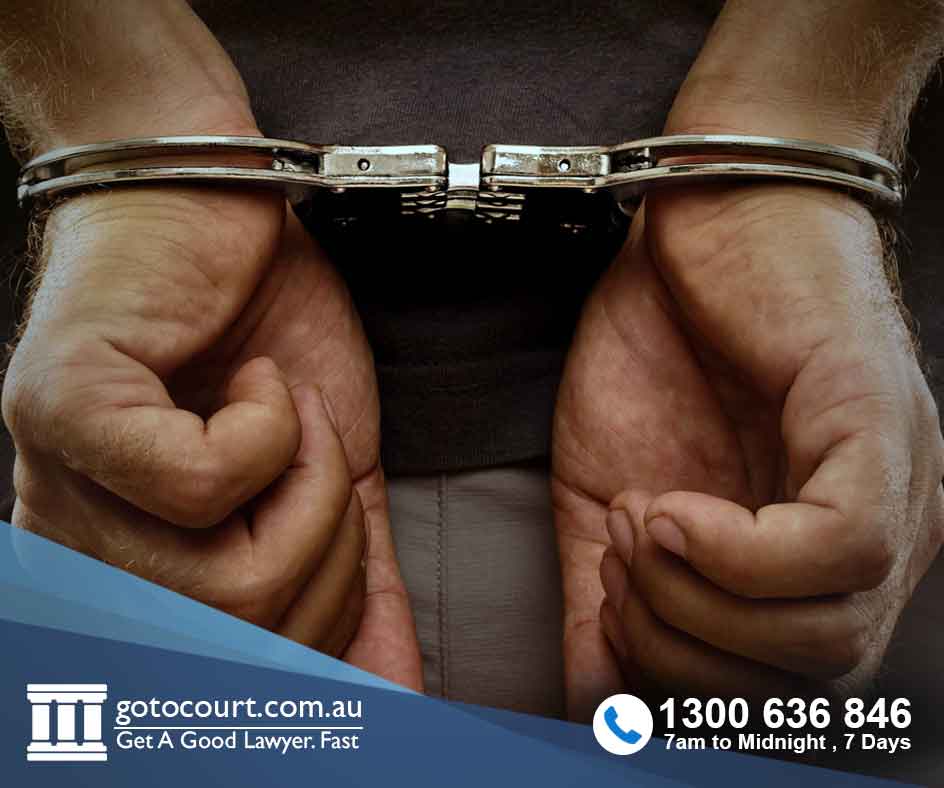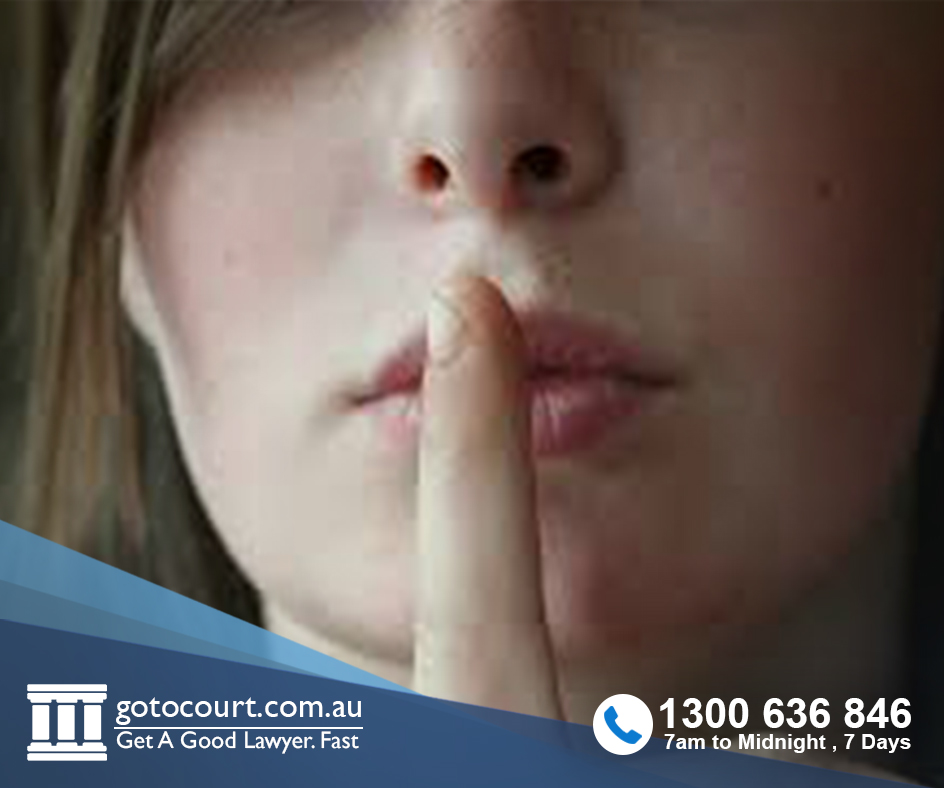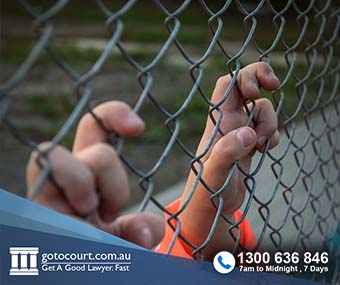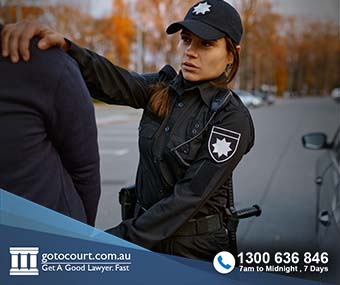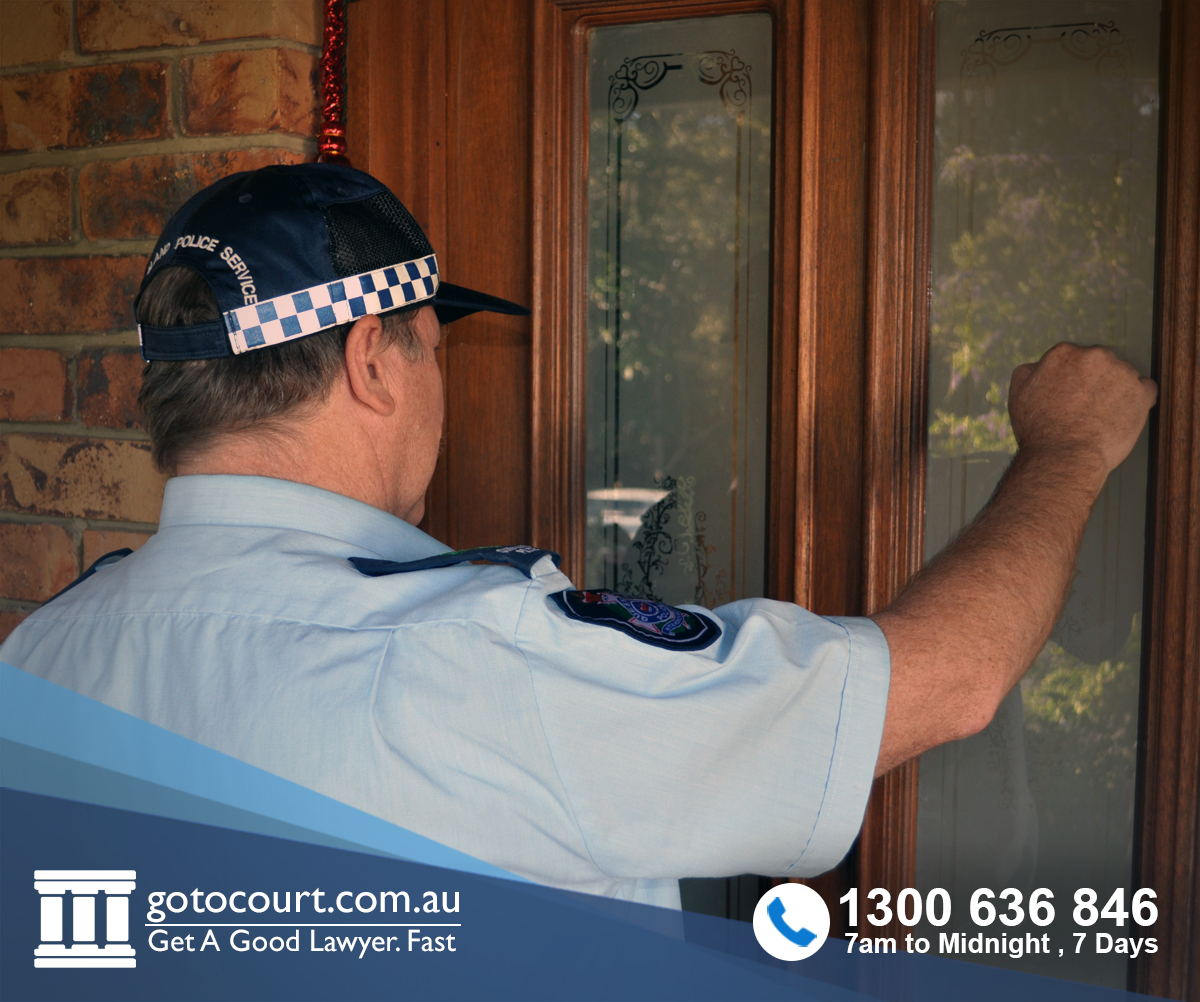Police Powers and Young People (Vic)
When the police arrest a person, search a person or interview a suspect there are rules and procedures that they must follow. When dealing with young people between the ages of 10 and 18, the police must behave differently in some circumstances. What the police are allowed to do when dealing with a young person and the procedures they must follow are outlined below.
Getting arrested
If you are over the age of 10, the police can arrest you if
- They have a warrant for your arrest;
- They reasonably believe you have committed an offence;
- They know you are a risk to a family member.
If the police tell you that they are arresting you, you must go with them. If you resist you could be charged with the offence of Resisting Police. The police are permitted to use reasonable force to arrest you.
Giving your details
The police can ask for your name and address if they believe on reasonable grounds that you have committed an offence, you are about to commit an offence or you may know something about a serious offence. They can also ask for your details if they lawfully pull you over when you are driving.
If the police lawfully ask you for your details, it is an offence to fail to give your name and address or to give a false or incorrect name or address.
Going back to the station
If the police ask you to go back to the Police Station with them, you can refuse unless you are under arrest. However, you must go back to the station if the police ask you to do so when you have been driving and they want to do a breath test or drug test.
Searches
The police can only search your body or your property if you agree, if they have a warrant, if you are under arrest or if they are otherwise allowed to by law. The police are allowed to search you without a warrant if they believe you have drugs in your possession. They can also search you if they believe you have explosives, weapons, or something that could be used for graffiti or if you are in an area where a lot of violent crime occurs.
In order to search young people in relation to a graffiti offence the police must reasonably believe that the person is 14 or older. You must also be on or near public transport property or trespassing.
If the police want to do a pat-down search they must keep a written record of the search and the person who conducts the search must be the same sex as you. They must give you a receipt for anything they confiscate from you.
If the police want to strip-search a juvenile, a parent or guardian must be present.
If you are under 18 and the police see you with alcohol in your possession they can confiscate it. However, the police cannot search you for alcohol. If the police suspect you are going to inhale a volatile substance, they can search you.
Phone calls
If you have been arrested, the police must give you the chance to call a lawyer as well as a friend or relative. The police must not attempt to interview you until you have spoken to a lawyer in a private space (out of the police’s hearing).
Interviewing young people
When the police want to interview young people, they must wait until a parent or guardian or an independent person has arrived. You must be given the chance to talk privately with an adult before the interview starts.
You have the right to remain silent or to say ‘no comment’ throughout the interview. Doing so will not affect your prospects of getting bail or successfully defending the charge.
If waiting for a parent, guardian or independent person to arrive is likely to mean someone else involved in the offending will get away or that harm will come to someone, the police do not have to wait.
Fingerprinting young people
The police are not allowed to fingerprint a child aged under 10.
The police can fingerprint young people between the ages of 10 and 14 if the child and their parent or guardian agree. If agreement is not given, the police must obtain an order from the Children’s Court.
The police can fingerprint young people aged between 15 and 17 in the presence of a parent, guardian or independent person.
The police can require young people aged 17 or older to give their fingerprints if they believe they have committed an offence with the exception of some very minor offences.
The police can use reasonable force to take a person’s fingerprints. This means that they can physically restrain you in order to fingerprint you. If you are under 16 this must be audio or videotaped.
Body samples
In some circumstances, the police will want to take a body sample, such as blood, saliva, mouth or dental impressions or genital swabs. These procedures must be carried out by a doctor. Police can get a body sample from a young person aged between 10 and 17 only if there is a court order. A parent, guardian or independent person must be present when the sample is taken.
Photos
The police may want to photograph you in order to identify you while you are in custody or on bail. If you are between 10 and 17 the police can take your photo only with the consent or your parent and guardian or when there is a court order.
Complaints
If you believe the police have behaved improperly towards a young person, you can make a complaint. If you are going to make a complaint against the police, do it as soon after the event as possible.
If you require legal advice or representation in relation to a criminal matter or in any other legal matter, please contact Go To Court Lawyers.

